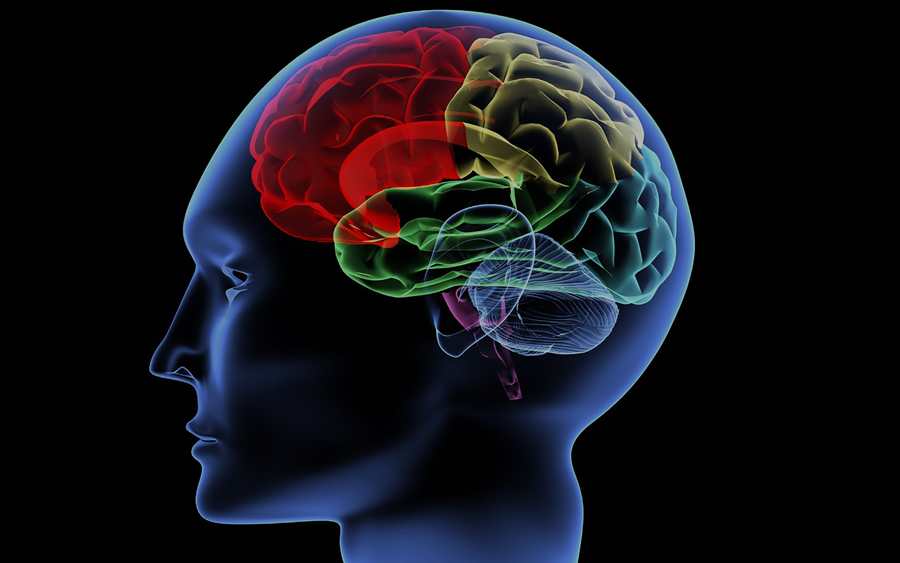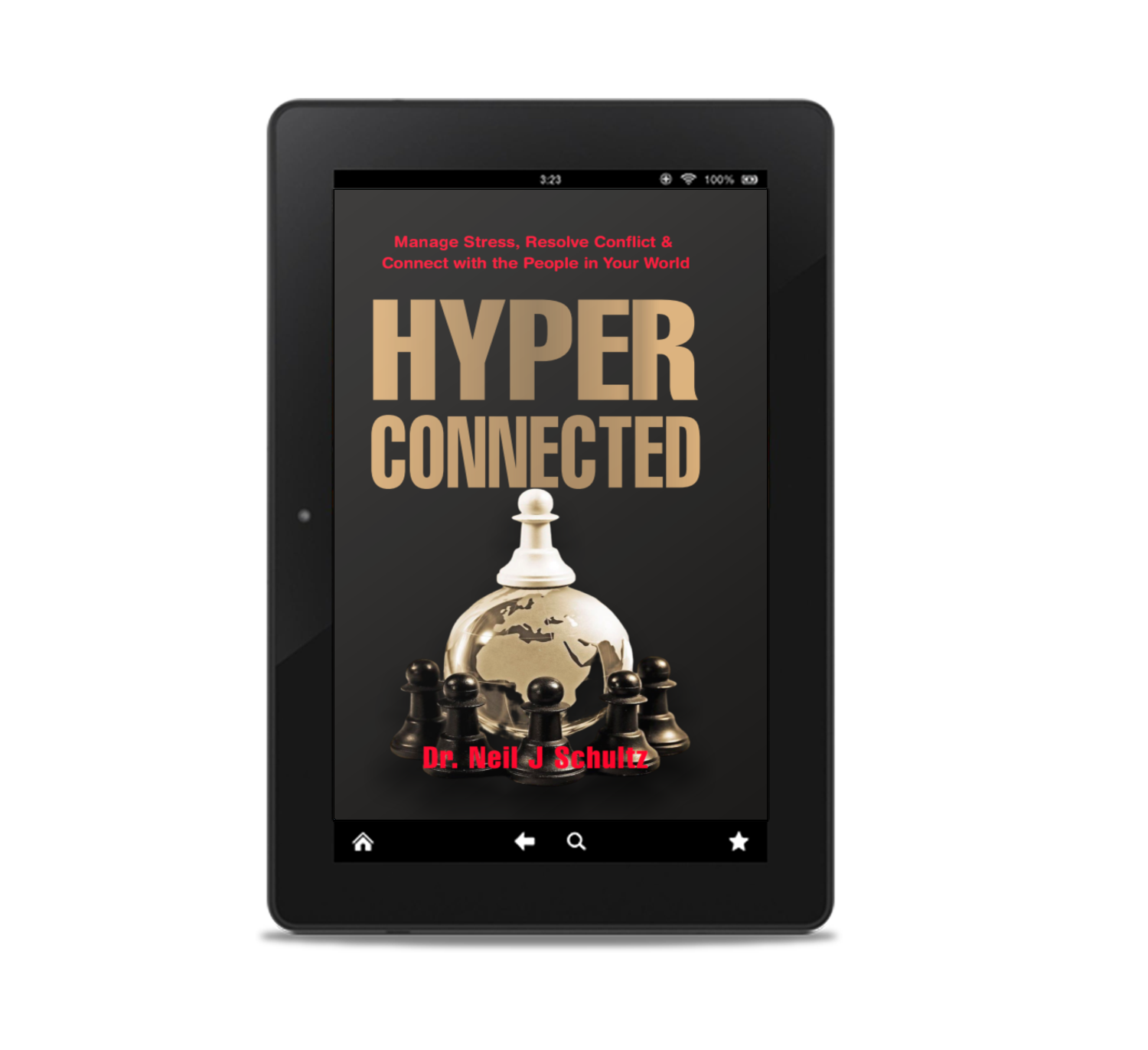The role of emotional intelligence (EQ) in predicting professional success, particularly in the realm of education, has gained widespread recognition. More than three decades ago, the concept of emotional intelligence was introduced, highlighting its potential to contribute to accurate emotional appraisal and expression, effective regulation, and the use of emotions for motivation and achievement (Solovey & Mayer, 1990). This article explores the application and outcomes of EQ interventions within an educational context, focusing on both reactive and proactive programs designed to address interpersonal challenges and foster leadership development.
The Significance of EQ
Emotional intelligence’s prominence has only grown over time, with Time magazine heralding it as a robust predictor of success (Gibbs, 1995). The concept has permeated various spheres, from employment scenarios to broader media discussions (Kalita, 2022; York, 2022; Panwar, 2023) and academic discourse (Issah, 2018; Kadagidze, 2017; Pishghadam et al., n.d.). As emotional intelligence gains traction in diverse contexts, its applicability to educational settings, particularly among schoolteachers and leaders, warrants exploration.
Addressing Dysfunction: The Remedial Approach
A dysfunctional department within an educational institution serves as the backdrop for a remedial EQ intervention. Strained relationships, minimal communication, and challenges in classwork necessitated a multifaceted approach. An investigative report into the conflicts and the involvement of an EQ specialist were pivotal steps. Dr. Neil Schultz, a seasoned conflict resolution and emotional intelligence expert, led the effort.
The key revelation in this instance was the identification of a team member with a high-conflict personality (HCP) style (Eddy, 2003). This individual’s behaviour perpetuated a cycle of isolation, favouritism, and ostracism within the department. Moreover, the entire team exhibited signs of emotional distress, with members contemplating or seeking medical assistance for work-related stress. Dr. Schultz observed that each team member met the criteria for depression and anxiety, highlighting the urgency of the intervention.
Over a period of twelve weeks, each member of the team engaged in an individual program that focused on various aspects of emotional intelligence by developing their psychological awareness, especially surrounding the use and misuse of conflict.
The outcomes were beneficial for the school and the team members were overwhelmingly positive about the experience. They were able to understand their own role in problems with dysharmony, including the interplay between personal issues and issues within the school; the were able to understand and manage conflict using a uniform formula that everyone shared; and developed a growing sense of understanding for their colleagues through empathy and altering responses to each other on the basis of observations.
Notably, the team member identified as having a high conflict personality style also displayed a degree of improvement, attributed to the therapeutic nature of the coaching relationship, and to the broader changes within the department. Ultimately though, she accepted an early retirement offer, signaling a further positive shift within the department. The outcomes of this program were multifaceted: the team regained its functionality and cooperative spirit, potential costly Workcover claims were averted, and the threat of multiple staff departures were mitigated.
Proactive Development: Nurturing Emotional Intelligence in Leadership
Building on the success of the reactive program, the institution embraced a proactive approach by offering EQ professional development to selected department heads. Recognizing the pivotal role of middle management in shaping school culture (Gutberg & Berta, 2017), this initiative aimed to equip leaders with emotional intelligence skills that could foster collaboration, conflict resolution, and effective leadership.
The “Twelve Steps to a Better You” program, facilitated by Schward Consulting (Schultz, 2021) and documented in the book, Hyperconnected (Schultz, 2023), constituted the foundation of this proactive endeavour. Designed to foster emotional intelligence growth, the program involved 12 ‘steps’ that took the candidates on a journey of self-development involving written content, self-reflection, and coaching sessions. Each ‘step’ incorporated three distinct parts:
- Written information that introduced the concepts necessary for understanding the contents of each step.
- Questions designed to encourage the candidate to reflect about how they had done things in the past and create an opportunity for them to develop different expectations about how they could do things in the future.
- A coaching session with someone who was psychologically trained, in this case, Dr. Schultz, to investigate what had been learnt, but also to challenge prior experiences and behaviour.
Without venturing into the detail, the program steps included: self-reflection and professional reflective practice; developing confidence and self-esteem; stress and stress-management skills; understanding overt and hidden emotions; personality, psychological defences and cognitive bias; empathy in practice; verbal and non-verbal communication; understanding group dynamics; conflict and its management, negotiation for win-win outcomes; and using emotional intelligence in leadership.
Individual Transformations: Testimonials of Growth
Following the journey through the program, we interviewed the attendees and received an array of comments that serve as testament to its efficacy.
One leader, who summarised her experiences said that:
“Before coaching I avoided conflict and struggled with the impact of emotional events. Through the program, I experienced ‘light bulb moments’ that transformed my approach to conflict resolution, stress management, and personal relationships.”
She went on to say:
“My enhanced emotional intelligence has empowered me to interact more effectively with students, colleagues, and family members.”
Another leader said that in relation to her tendency to react to other people’s stress:
“This has been one of the most significant outcomes of the course. A huge gamechanger for me as I have taken on the responsibility for others’ stress which ultimately deprives them of their own growth opportunities. If I didn’t create the problem, I cannot fix it. I am also working toward setting healthy boundaries.”
Another revealing comment about future recommendations was:
“Everyone should do this! Human beings are by nature social creatures, but we all live in our own heads which can create a confounding paradox where we wish to belong but often cannot know how to connect safely and emotionally with others. I am still a work-in-progress, but I have grown immensely and hopefully I am able to model that to others with the aim of being the best leader, and human, that I can be.”
A Catalyst for School-Wide Improvements
The impact of emotional intelligence programs extends beyond individual growth; it encompasses broader school outcomes. Middle leaders in schools have a significant impact on teacher development, teaching strategies, student achievement, and school culture. How and when middle leaders “show up” emotionally therefore has the potential to improve individual and faculty wellbeing which in turn can be a key to school success. From the two case studies presented, there has been noticeable improvement in the well-being of those staff members who participated in the course, “Twelve Steps to a Better You”.
From observation and feedback from the course participants, the following outcomes have been evident for the school:
- Middle leaders have shown enhanced empathy and understanding when dealing with colleagues or team members;
- An improved sense of well-being and mental health for all participants;
- Participants have been able to engage with conflict resolution rather than shy away from it, particularly those in middle leadership;
- Enhanced leadership effectiveness, where middle leaders have been able to better support and advocate for their faculty and team members, which has developed a greater sense of collaboration and increased teacher engagement within those teams.
Charting Future Trajectories: The Role of Emotional Intelligence
As schools continue to seek avenues for professional development, the integration of emotional intelligence training emerges as a promising strategy. EQ interventions hold the potential to create positive shifts in interpersonal dynamics, leadership effectiveness, and school culture. The success of both reactive and proactive programs underscores the transformative power of emotional intelligence in the educational landscape.
Conclusion
Emotional intelligence has emerged as a vital tool in addressing interpersonal challenges, fostering effective leadership, and promoting a positive school environment. The experiences outlined in this article highlight the transformative potential of EQ interventions in both reactive and proactive contexts. As schools navigate the complexities of education, the cultivation of emotional intelligence stands as a promising pathway to enhance teacher and leader effectiveness, ultimately contributing to the success of students and institutions alike.
References
Eddy, B. (2003). High Conflict Personalities: Understanding and Resolving Their Costly Disputes. High Conflict Institute Press.
Gibbs, N. (1995). EMOTIONAL intelligence: the eq factor. TIME. Retrieved September 29, 2023, from https://content.time.com/time/subscriber/article/0,33009,983503,00.html.
Gutberg, J., & Berta, W. (2017). Understanding middle managers’ influence in implementing patient safety culture. BMC Health Serv Res, 582. https://doi.org/10.1186/s12913-017-2533-4
Issah, M. (2018). Change Leadership: The Role of Emotional Intelligence. Sage Open, 8(3). https://doi.org/10.1177/2158244018800910
Kadagidze, L. (2017). Benefits of Emotional Intelligence. Higher Education and Leadership.
Pishghadam, R., Farabi, M., Ahari, M. K., Gholomi, M. J., & Shayesteh, S. (n.d.). Intelligence, emotional intelligence, and emo-sensory intelligence: Which one is a better predictor of university students’ academic success? Front. Psychol., 13. https://doi.org/10.3389/fpsyg.2022.995988
Schultz, N. J. (2023). Hyperconnected. Schward Publishing. https://schward.consulting/
Schultz, N. J. (2021). Home Page. Schward Consulting. https://schward.consulting/
Solovey, P., & Mayer, J. D. (1990). Emotional Intelligence. Imagination. Cognition and Personality, 9(3), 185–211. https://doi.org/10.2190/DUGG-P24E-52WK-6CDG
Karen Merrick is an Australian executive teacher who has worked in the independent school system for over 30 years. As a K-12 music educator, leader of curriculum, and learning framework design she has enjoyed a broad school leadership career.
-
This author does not have any more posts.
Dr Schultz spent 22 years working in psychiatry and then went on to qualify as a lawyer. He has spent 34 years helping people solve problems and the unique combination of medicine, psychiatry, law and mediation provides a unique academic and practical approach to life's challenges.
-
Dr Neil Schultzhttps://www.schward.consulting/author/drneiljschultz1963/
-
Dr Neil Schultzhttps://www.schward.consulting/author/drneiljschultz1963/
-
Dr Neil Schultzhttps://www.schward.consulting/author/drneiljschultz1963/
-
Dr Neil Schultzhttps://www.schward.consulting/author/drneiljschultz1963/









